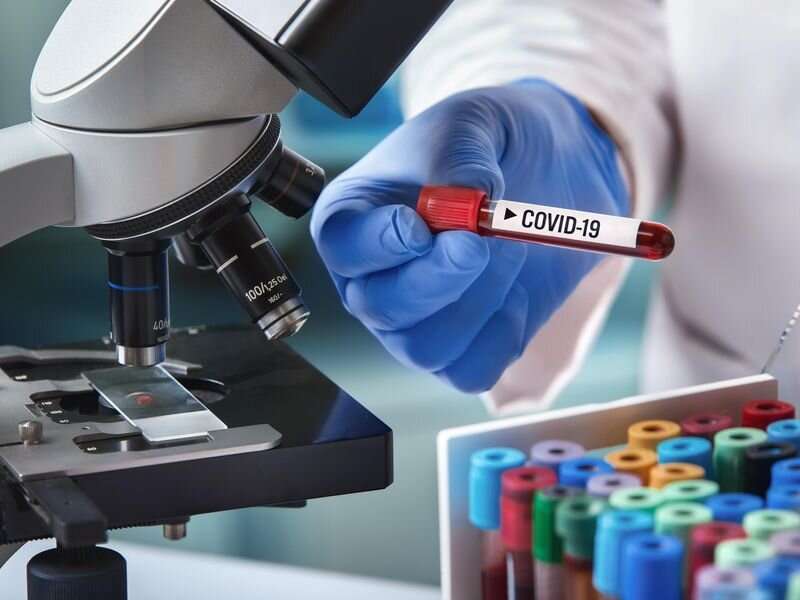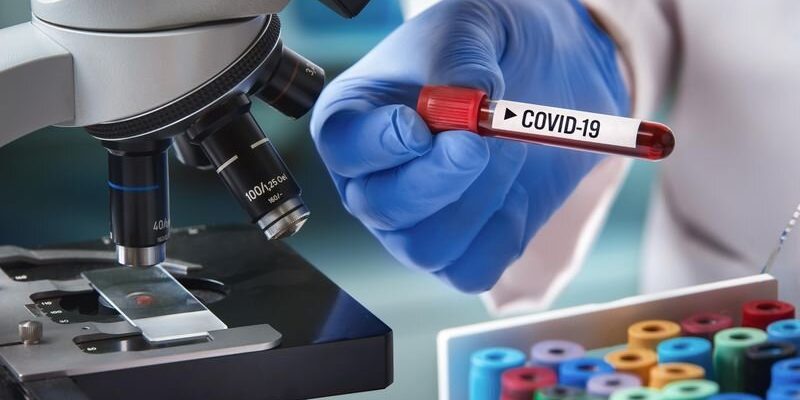
From December 2021 to February 2022, the seroprevalence of severe acute respiratory syndrome coronavirus 2 (SARS-CoV-2) increased, reaching about 75 percent among children and adolescents by February 2022, according to research published in the April 26 early-release issue of the U.S. Centers for Disease Control and Prevention Morbidity and Mortality Weekly Report.
Kristie E. N. Clarke, M.D., from the CDC COVID-19 Emergency Response Team, and colleagues examined U.S. trends in infection-induced SARS-CoV-2 seroprevalence during September 2021 to February 2022. A convenience sample of blood specimens submitted for clinical testing was analyzed for anti-nucleocapsid antibodies every four weeks during the study period; in February 2022, the sampling period was under two weeks in 18 of the 52 jurisdictions.
The researchers found that per four-week period, there was an increase of 0.9 to 1.9 percentage points in the overall seroprevalence during September to December 2021, followed by an increase in overall U.S. seroprevalence from 33.5 to 57.7 percent during December 2021 to February 2022. During the same period, seroprevalence increased from 44.2 to 75.2 percent and from 45.6 to 74.2 percent among children aged 0 to 11 years and aged 12 to 17 years, respectively. Among adults aged 18 to 49 years, seroprevalence increased from 36.5 to 63.7 percent, while among those aged 50 to 64 years and aged 65 years or older, seroprevalence increased from 28.8 to 49.8 percent and from 19.1 to 33.2 percent, respectively.
Source: Read Full Article
